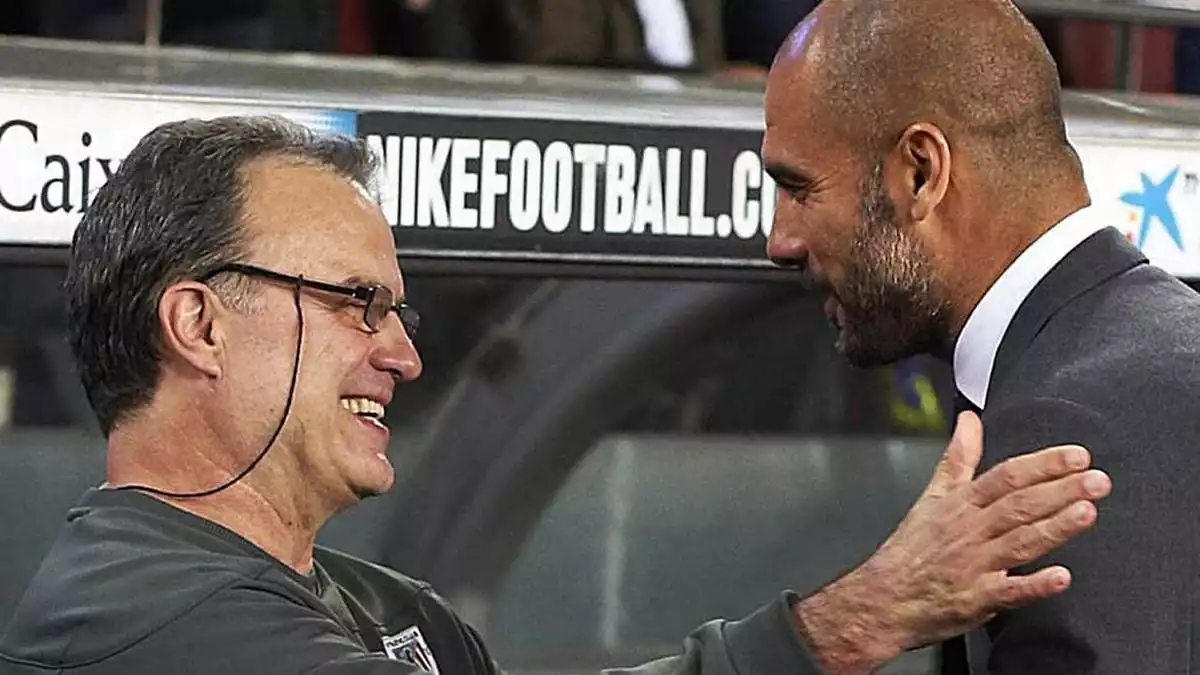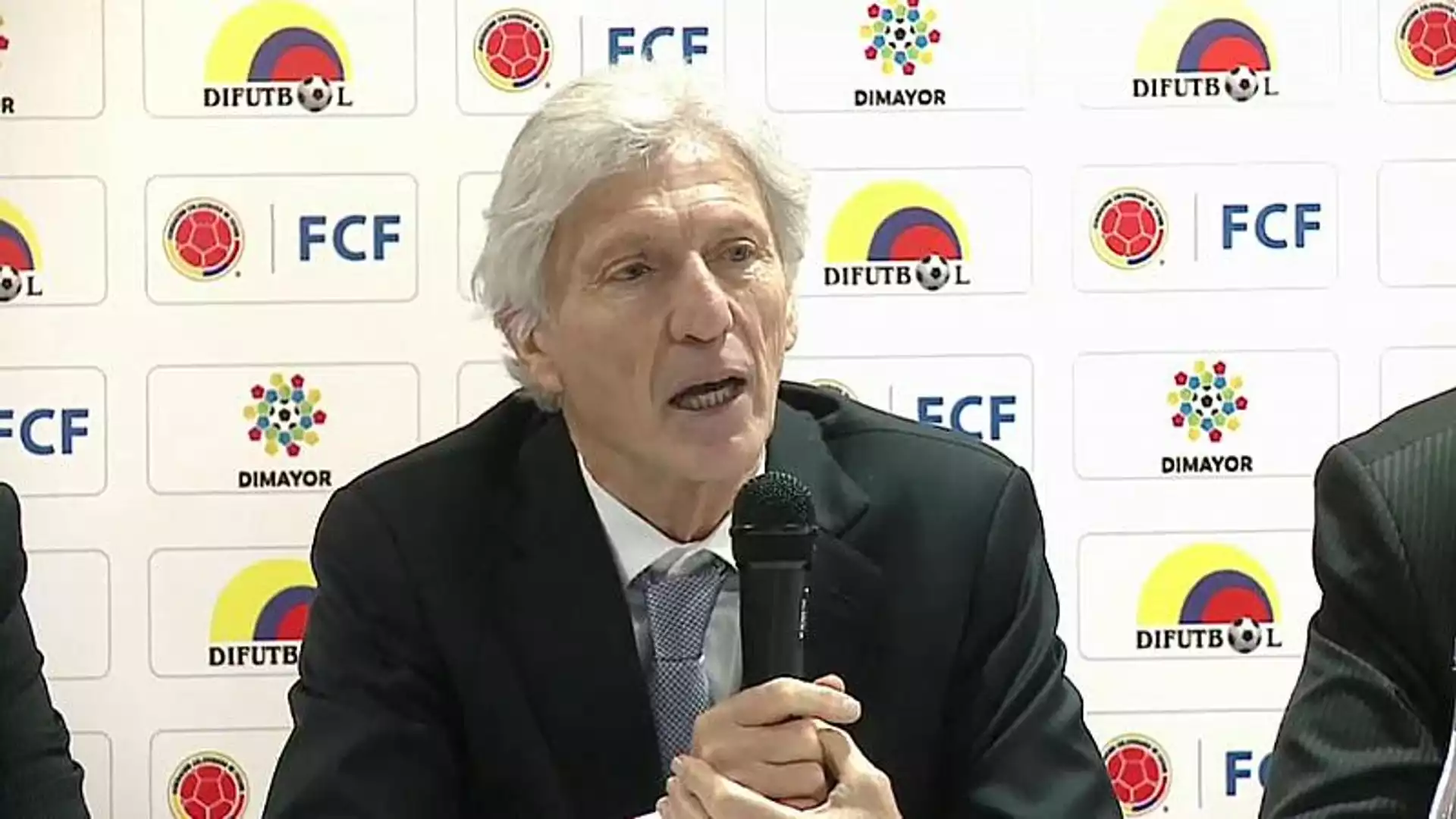Early life and career of Marcelo Bielsa
Marcelo Bielsa was born on July 21, 1955, in Rosario, Argentina. From a young age, he displayed a deep passion for football and a keen analytical mind. As a player, Bielsa was a solid defender, but it was his understanding of the game and his ability to read the play that set him apart. However, it was as a coach that Bielsa truly found his calling.
After retiring from playing, Bielsa embarked on a coaching career that would see him rise to prominence in Argentine football. He began his coaching journey with Newell's Old Boys, a club in his hometown of Rosario. It was here that Bielsa honed his coaching philosophy, emphasizing attacking football, high-intensity pressing, and a commitment to meticulous preparation. His attention to detail was unparalleled, and he was known to spend hours analyzing opponents, studying game footage, and developing intricate tactical plans. Bielsa's dedication and work ethic quickly earned him a reputation as a coach with a unique approach to the game.
Bielsa's success at Newell's Old Boys caught the attention of the Argentine Football Association, and in 1998, he was appointed as the coach of the Argentine national team. It was during his tenure with the national team that Bielsa truly made his mark on Argentine football. His innovative tactics and commitment to attacking play revolutionized the way the national team approached the game. Under Bielsa's guidance, Argentina played with a high-tempo pressing game, quick passing, and a relentless attacking mentality. His team's performances were a breath of fresh air, and they captured the hearts of football fans around the world.
Bielsa's coaching philosophy
At the heart of Bielsa's coaching philosophy is his unwavering belief in attacking football. He firmly believes that the best way to win matches is by playing on the front foot, taking the game to the opposition, and creating as many scoring opportunities as possible. Bielsa's teams are known for their high-intensity pressing and quick, incisive passing. He places a strong emphasis on teamwork, discipline, and the development of technical skills.
Bielsa's coaching methods are meticulous and detailed. He leaves no stone unturned in his preparation for matches, spending hours analyzing opponents, studying game footage, and developing intricate tactical plans. Bielsa's attention to detail is legendary, and he expects the same level of commitment and dedication from his players. He is known for his intense training sessions, where he pushes his players to their limits both physically and mentally.
Bielsa's impact on Argentine football
Bielsa's impact on Argentine football cannot be overstated. He is widely regarded as one of the most influential coaches in the history of the game in Argentina. His innovative tactics and commitment to attacking play have inspired a generation of players and coaches. The style of play that Bielsa implemented with the national team became known as "Bielsa-ball" and is still revered by fans and pundits alike.
One of the key aspects of Bielsa's impact on Argentine football is his dedication to the development of young talent. He has a keen eye for spotting potential and has a track record of nurturing young players and helping them reach their full potential. Many of the top players in Argentine football today credit Bielsa for their development and success.
Bielsa's influence extends beyond Argentine football. His tactical innovations and commitment to attacking play have been adopted by coaches around the world. His philosophy has influenced the likes of Pep Guardiola, Mauricio Pochettino, and Diego Simeone, all of whom have achieved success in their own right. Bielsa's impact on the game is not just limited to his coaching; it is also evident in the way his teams play and the style of football they produce.
Bielsa as the coach of the Argentine national team
Bielsa's tenure as the coach of the Argentine national team was marked by both success and disappointment. Under his guidance, Argentina qualified for the 2002 FIFA World Cup and reached the final of the Copa America in 2004. However, the team's performances in major tournaments were inconsistent, and they failed to achieve the level of success expected of them.
Despite the disappointments, Bielsa's impact on the national team was profound. He instilled a sense of unity and purpose in the squad and created a strong team spirit. His players were willing to run through walls for him and were fully committed to his philosophy. Bielsa's influence on the national team extended beyond the pitch, and his impact is still felt to this day.
Bielsa's coaching stints in Europe
After his time with the Argentine national team, Bielsa embarked on a coaching journey that would take him to Europe. He had successful spells with European clubs such as Athletic Bilbao, Marseille, and Leeds United. His time at Athletic Bilbao was particularly memorable, as he led the club to the finals of the UEFA Europa League and the Copa del Rey, showcasing his ability to compete at the highest level.
Bielsa's coaching style and philosophy were well-received in Europe, and he gained a reputation as a forward-thinking and innovative coach. His teams played an attractive brand of football and were known for their high-intensity pressing and attacking play. Bielsa's impact on European football is evident in the number of coaches who have adopted his style of play and tactics.
Bielsa's influence on other coaches and players
One of the hallmarks of Bielsa's career is his ability to inspire and influence others. Many players and coaches credit Bielsa for their development and success. His commitment to attacking football and his meticulous approach to coaching have had a lasting impact on the game.
Coaches such as Pep Guardiola, Mauricio Pochettino, and Diego Simeone have all spoken about the influence that Bielsa has had on their careers. They have adopted his style of play, tactics, and attention to detail, and have achieved success in their own right. Bielsa's influence is not limited to his direct disciples; it extends to a whole generation of coaches who have been inspired by his philosophy.
Bielsa's legacy in Argentine football
Marcelo Bielsa's legacy in Argentine football is firmly established. He is regarded as one of the greatest coaches in the history of the game in Argentina. His innovative tactics, commitment to attacking play, and dedication to the development of young talent have left an indelible mark on the game.
Bielsa's legacy extends beyond his coaching achievements. He is revered for his unwavering commitment to his principles, his dedication to the game, and his ability to inspire those around him. His impact on the game will be felt for generations to come, and his influence will continue to shape Argentine football.
Criticisms and controversies surrounding Bielsa
Despite his many successes, Marcelo Bielsa has not been without his fair share of criticisms and controversies. His intense coaching style and demanding nature have been known to create tensions within squads. Some players have found his methods too demanding and have struggled to cope with the physical and mental demands of his training sessions.
Bielsa has also faced criticism for his team's inconsistent performances in major tournaments. Despite playing an attractive brand of football, Bielsa's teams have often struggled to deliver when it matters most. Some critics argue that his attacking philosophy leaves his teams vulnerable defensively and that his insistence on playing a high-tempo pressing game can lead to player burnout.










